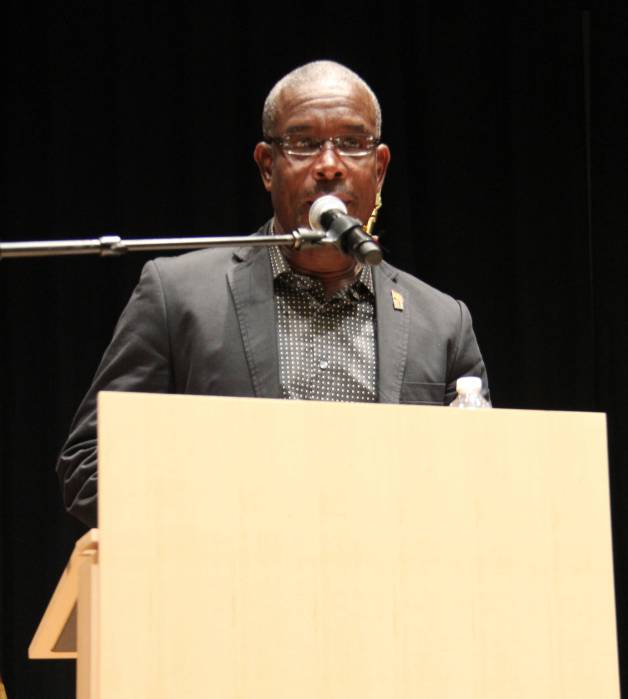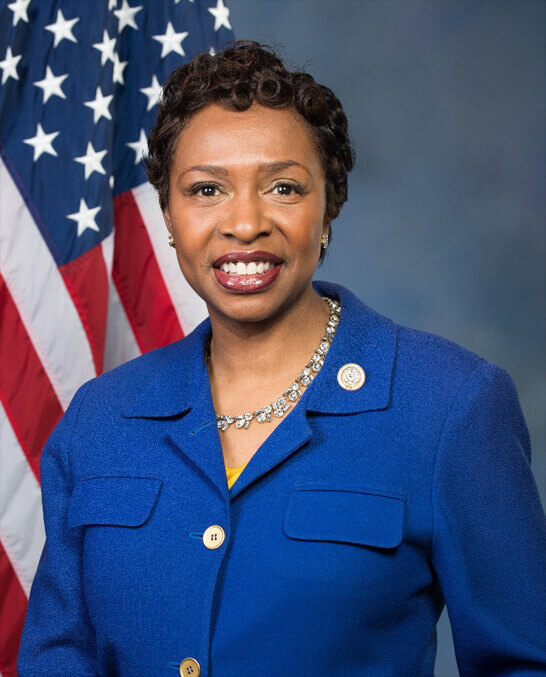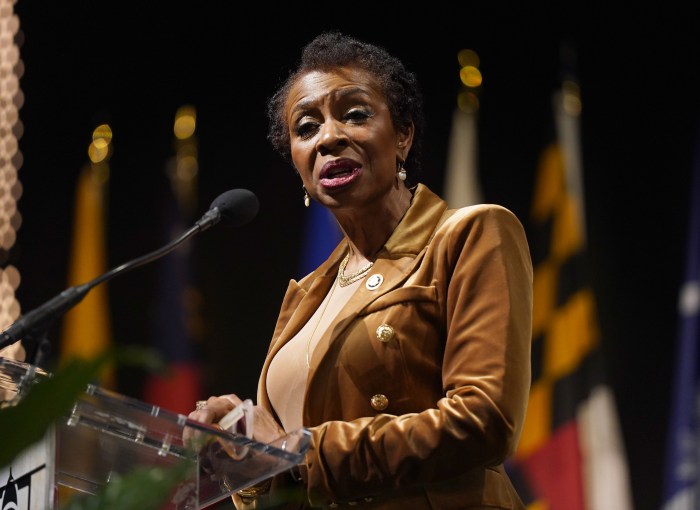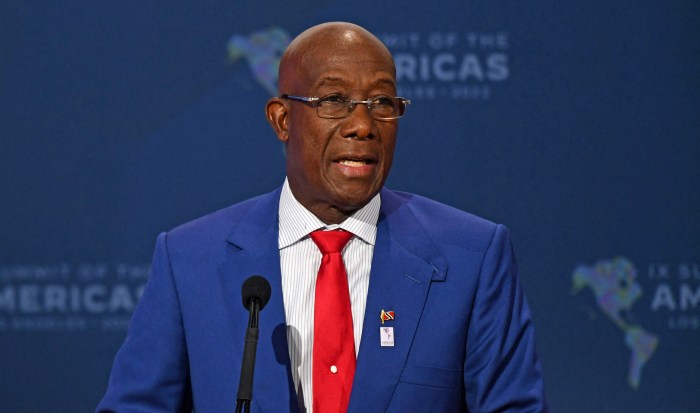New York Attorney, General Letitia James on Wednesday welcomed a US Supreme Court decision that recognizes the ability of schools to curb cyberbullying and address other off-campus speech that materially and substantially interferes with the learning environment or interferes with students’ rights to be secure at school.
In March, James, as part of a coalition of 24 attorneys general, filed an amicus brief in the Pennsylvania-based case, Mahanoy Area School District v. B.L., a minor.
While the coalition did not take a position on which party in this specific case should prevail, the attorneys general, instead, argued in favor of a legal rule that would allow schools to protect students from cyberbullying and disruptive off-campus speech.
The brief urged the Supreme Court to reject a lower court’s rule, which would have largely prohibited schools from regulating off-campus speech.
“All children must have the right to learn in safe environments that empower them to perform at their best, and today’s decision recognizes that should continue to be the case in schoolhouses across the country,” said Attorney General James.
“While the internet and social networking sites have made it easier than ever for students to connect both within and outside of the classroom, it has also made hurtful language and behavior more commonplace,” she added. “This past year, many schools only existed on the internet as a result of the pandemic, so screen names do not cease to exist at a schoolhouse’s front door.
“I applaud the court’s decision today that acknowledges the power of schools to protect our students and their ability to learn, because education is the key to a bright future,” James continued.
In this case, the US Court of Appeals for the Third Circuit previously adopted a categorical rule that student speech that occurs off-campus on a private social network cannot be regulated by a school.
The amicus brief that James and the coalition submitted to the Supreme Court disagreed with that analysis, arguing for a more flexible rule that would recognize the practical harms that can be caused by online speech.
“Cyberbullying, in particular, can become disruptive at school regardless of where it originates, and it creates a school climate in which student victims feel unsafe and unable to engage in learning,” the New York Attorney General said.
In addition to James, the attorneys general of California, Colorado, Delaware, Hawaii, Illinois, Iowa, Maine, Maryland, Massachusetts, Michigan, Minnesota, Nevada, New Hampshire, New Jersey, New Mexico, North Carolina, Oregon, Pennsylvania, Rhode Island, Vermont, Washington, and Wisconsin, and the District of Columbia submitted the March amicus brief to the Supreme Court.


























